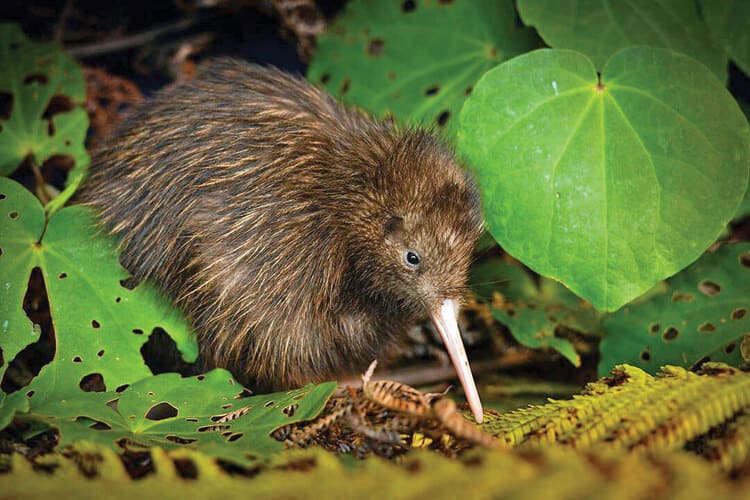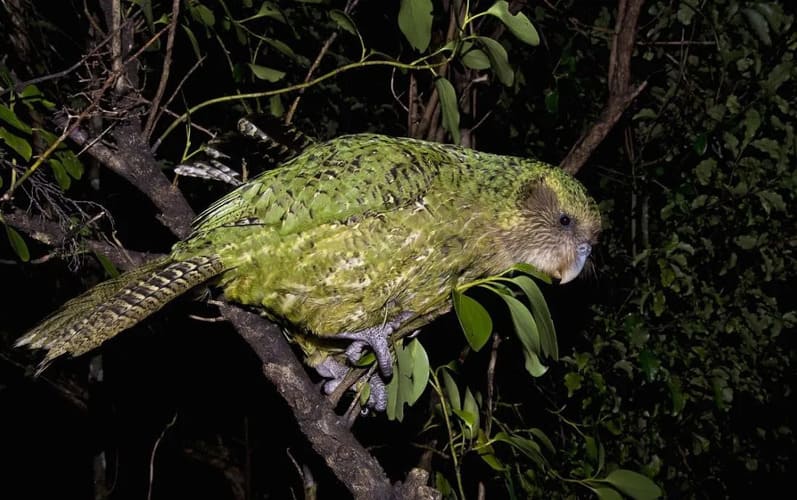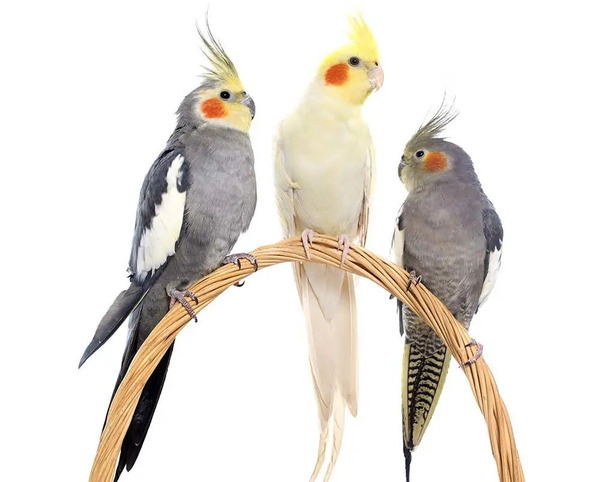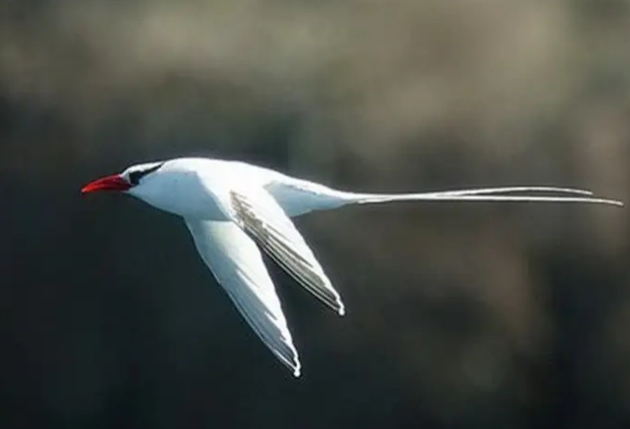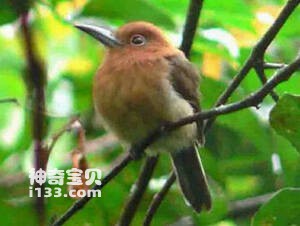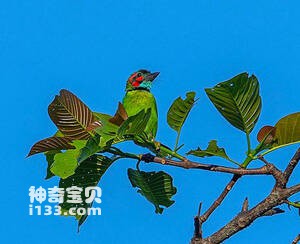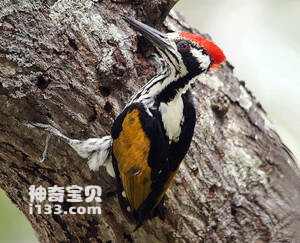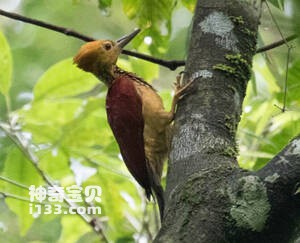Indicator xanthonotus
IUCN
LCBasic Information
Scientific classification
- name:Indicator xanthonotus
- Scientific Name:Indicator xanthonotus,Yellow-rumped Honeyguide
- Outline:Climbing birds
- Family:
Vital signs
- length:About 15 cm
- Weight:No textual research information is available
- lifetime:No textual research information is available
Feature
It's the only vertebrate that can feed on beeswax
Distribution and Habitat
The species is found in Pakistan (formerly), north and northeast of the Indian subcontinent, and northeastern Burma. It is rare in temperate forests at altitudes of 1450~3500 m along the southern slopes of the Himalayas. The bird was recently recorded by the Kunming Institute of Zoology in southeastern Tibet.
The yellow-belted honeypecker lives near its frequent beehive.
Appearance
Honeyguides are slightly smaller (15 cm) dark brown-gray finches. Male: yellow eyebrows, top and cheeks, bright gold on the back and white stripes on the third feather are the distinguishing features. The lower body is nearly white with dark stripes. The female is dark with a less yellow head. Iris is brown; The mouth is yellowish brown; Feet are green.
Details
The name Indicator xanthonotus, Yellow-rumped Honeyguide, has two subspecies (Indicator xanthonotus fulvus, Yellow-rumped honeyguide). Indicator xanthonotus xanthonotus).
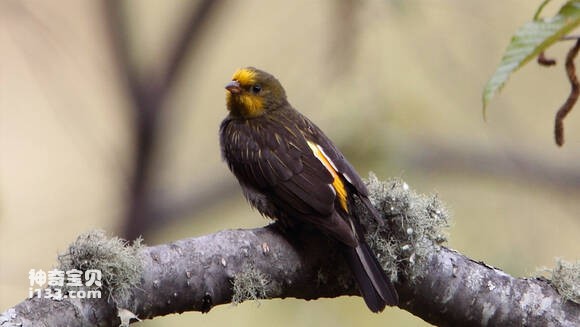
Honeyguides prefer beeswax, honey and bee larvae. It's the only vertebrate that can feed on beeswax. The sharp-eyed honeybird is particularly good at finding hives, but is not suited to feeding in them and is prone to being stung. As a result, it has developed a special relationship with honey badgers, baboons and humans. When it finds the hive, it flies to the "friend" home, hovers in the air, shrieks loudly, and leads the way, leading the "friend" to the hive. When it reaches its destination, it chirps over the hive for a while and then hides quietly in a nearby tree. When the "friend" destroyed the hive, took the honey, and the bees fled, he flew to the hive and enjoyed the feast. Make a soft weet call when flying. Make a piercing shriek when leading.
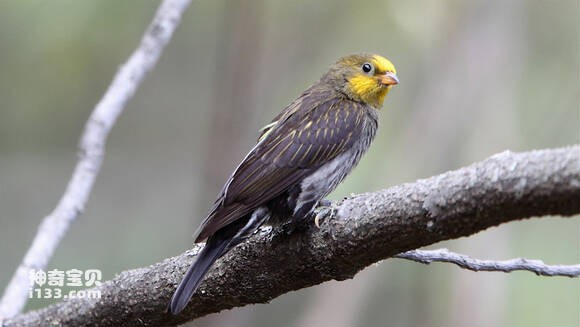
Yellow-backed honeyguides are parasitic birds like cuckoos. It waits quietly outside the chosen nest, waiting for the nest owner to go out, then takes advantage of the opportunity to lay eggs. Yellow-backed honeyguides hatch faster than their puffers. Their newborn birds have sharp "egg teeth" that form a deadly pincer when they close their mouths. When the "brother" and "sister" just broke out of their shells, it stabbed them to death with the small hook of its mouth. Sure am. Not understanding the cause of his young bird's death, he quickly removes the dead animal from the nest, and in turn shows even greater affection for the young honeybird. When honeyguides are about 10 days old, the small hooks on their mouths fall off on their own. With the careful feeding of a righteous relative, the young honeybird quickly develops, flees and leaves the nest.
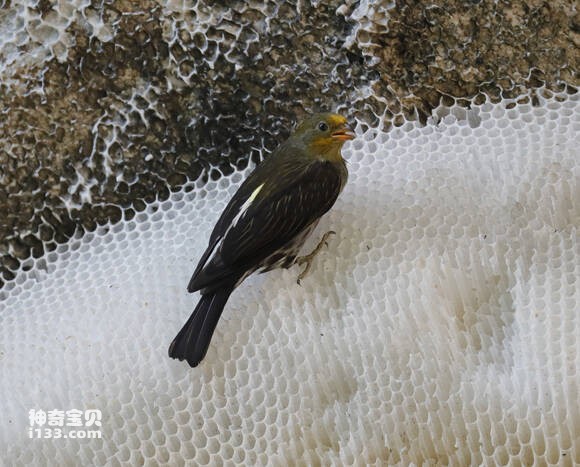
In May 2022, honeyguides were found in the general control area of the Xingjing County Management and Conservation Station of the Giant Panda National Park in Sichuan Province.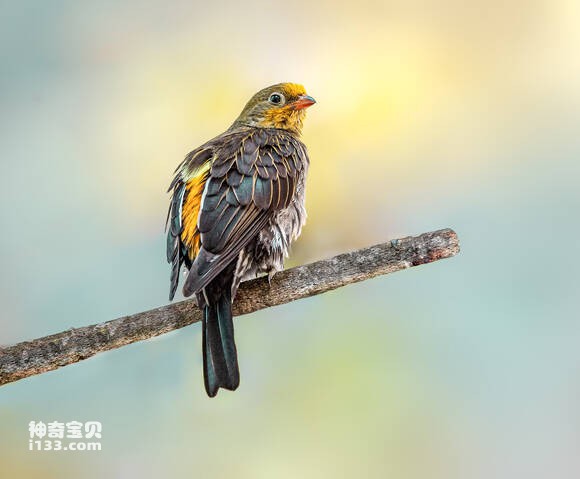
Due to its dwindling population, the species is listed as near threatened by the International Union for Conservation of Nature.
Protect wild animals and eliminate wild meat.
Maintaining ecological balance is everyone's responsibility!

